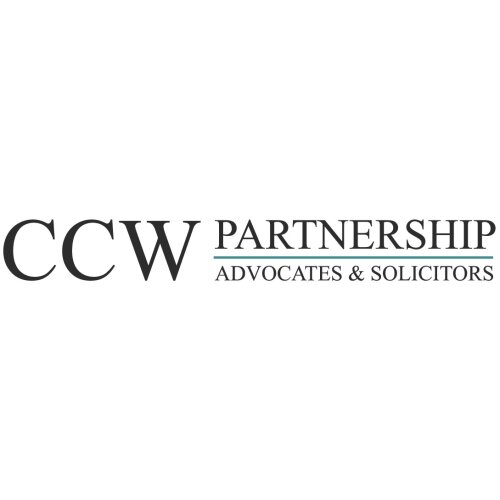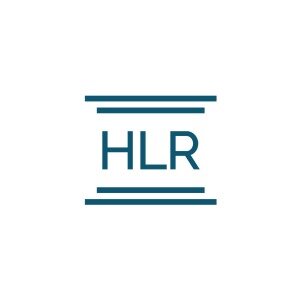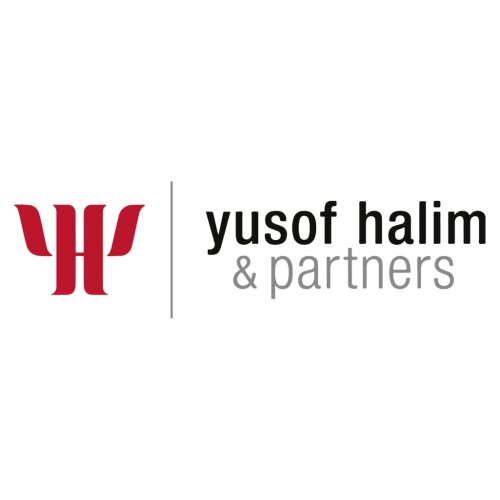Best Sanctions & Export Controls Lawyers in Brunei
Share your needs with us, get contacted by law firms.
Free. Takes 2 min.
Or refine your search by selecting a city:
List of the best lawyers in Brunei
About Sanctions & Export Controls Law in Brunei
Sanctions and export controls refer to laws, regulations, and policies that govern and restrict the transfer of goods, technology, and services across borders, often for reasons related to national security, international commitments, and foreign policy considerations. In Brunei, these laws are shaped by both local legislation and obligations under international agreements, such as those imposed by the United Nations Security Council. The objective is to prevent the proliferation of weapons, restrict trade with sanctioned individuals or entities, and ensure that exports do not contribute to illicit or dangerous activities. Brunei’s approach is cautious and compliance-focused, placing responsibility on businesses and individuals to adhere to legal boundaries when engaging in international trade or transactions.
Why You May Need a Lawyer
Navigating sanctions and export controls in Brunei can be complex, as violations may result in severe administrative, civil, or even criminal penalties. You might require legal advice in the following situations:
- You are planning to export goods, technology, or services to another country and are unsure about the applicable restrictions.
- You have received notice of an investigation or enforcement action related to sanctions violations.
- Your business deals with entities or countries subject to United Nations or national sanctions.
- You need help drafting compliance policies or training staff on export controls requirements.
- You want to conduct due diligence on business partners to ensure they are not sanctioned or restricted parties.
- You are facing difficulties clearing goods at customs due to possible export control concerns.
- Your business is introducing new technology or dual-use items with international applications.
- You seek guidance on updating your operations in line with new or amended laws and regulations.
Local Laws Overview
Brunei’s laws on sanctions and export controls are governed by several key statutes and government agencies. The core legislation includes the Internal Security Act, Customs Order, and various import-export regulations. Brunei typically implements United Nations Security Council sanctions through local legal instruments. Export controls generally apply to military items, dual-use goods (items with both civilian and military uses), hazardous materials, and items subject to international treaties such as the Chemical Weapons Convention.
The relevant authorities, such as the Royal Customs and Excise Department and the Ministry of Foreign Affairs, play vital roles in enforcing these regulations. Businesses and individuals must ensure accurate record-keeping, stay informed about current sanctions lists, obtain the proper export permits, and conduct due diligence to avoid dealings with prohibited persons or destinations. Non-compliance can lead to the seizure of goods, financial penalties, revocation of trade licenses, and, in some cases, criminal prosecution.
Frequently Asked Questions
What are sanctions and export controls?
Sanctions are legal restrictions or bans on trade, financial transactions, or other activities with specified countries, entities, or individuals. Export controls are regulatory measures that limit the export of certain goods, technology, or services to foreign destinations for security or policy reasons.
Does Brunei impose its own sanctions, or does it follow international lists?
Brunei imposes sanctions mainly by implementing United Nations Security Council sanctions through local laws, but it may also introduce national measures in certain circumstances.
Which goods typically require an export license in Brunei?
Items such as weapons, military equipment, dual-use goods, hazardous materials, and certain chemicals generally require an export license before they can be sent out of Brunei.
What are dual-use goods?
Dual-use goods are items that can be used for both civilian and military applications. Examples include certain electronics, chemicals, and materials that could have a military or security end-use.
Who enforces sanctions and export controls in Brunei?
Key enforcement agencies include the Royal Customs and Excise Department and the Ministry of Foreign Affairs, as well as other regulatory bodies depending on the nature of the good or transaction.
What are the penalties for violating sanctions or export controls?
Penalties range from fines and seizure of goods to suspension of licenses and criminal prosecution, which can lead to imprisonment.
How can I find out if a person or company is on a sanctions list?
You can check with Brunei’s Ministry of Foreign Affairs or consult available United Nations sanctions lists, which are usually adopted and published by national authorities.
Do all exports from Brunei require a license?
No, only controlled items such as military goods, certain chemicals, and designated sensitive technologies generally require an export license. Most exports of ordinary commercial goods do not need a license.
Can legal advice help prevent sanctions violations?
Yes, obtaining legal advice can help you identify risks, conduct due diligence, establish compliance policies, and ensure your transactions or business operations adhere to current laws and regulations.
What should I do if I am notified of an investigation or penalty related to sanctions?
Seek legal counsel immediately. Respond to any official communications in a timely and careful manner, and gather all relevant documentation to support your case.
Additional Resources
To learn more about sanctions and export controls in Brunei, you can consult the following resources:
- Royal Customs and Excise Department - for guidance on export permits and enforcement policies.
- Ministry of Foreign Affairs - for updates on sanctioned individuals, entities, and countries.
- Attorney General’s Chambers - for interpretation of relevant laws and regulations.
- Chamber of Commerce and Industry - for sector-specific advice and compliance support.
- United Nations Security Council - for details on international sanctions lists commonly adopted by Brunei.
Next Steps
If you are concerned about complying with sanctions and export controls in Brunei, consider taking the following steps:
- Document your planned transactions or exports, including the nature of goods or services and destination countries.
- Consult with a legal professional specializing in sanctions and export controls law to review your situation and provide tailored advice.
- Contact relevant government agencies to ask about license requirements and obtain up-to-date regulations or guidance.
- Develop an internal compliance policy and train your staff to recognize and report potential risks or violations.
- Stay informed about changes in laws or new sanctions by subscribing to updates from official government sources.
Seeking help from a legal professional not only protects your interests but also helps you avoid costly mistakes, penalties, and damage to your reputation when dealing with international trade and compliance issues in Brunei.
Lawzana helps you find the best lawyers and law firms in Brunei through a curated and pre-screened list of qualified legal professionals. Our platform offers rankings and detailed profiles of attorneys and law firms, allowing you to compare based on practice areas, including Sanctions & Export Controls, experience, and client feedback.
Each profile includes a description of the firm's areas of practice, client reviews, team members and partners, year of establishment, spoken languages, office locations, contact information, social media presence, and any published articles or resources. Most firms on our platform speak English and are experienced in both local and international legal matters.
Get a quote from top-rated law firms in Brunei — quickly, securely, and without unnecessary hassle.
Disclaimer:
The information provided on this page is for general informational purposes only and does not constitute legal advice. While we strive to ensure the accuracy and relevance of the content, legal information may change over time, and interpretations of the law can vary. You should always consult with a qualified legal professional for advice specific to your situation.
We disclaim all liability for actions taken or not taken based on the content of this page. If you believe any information is incorrect or outdated, please contact us, and we will review and update it where appropriate.
Browse sanctions & export controls law firms by city in Brunei
Refine your search by selecting a city.














